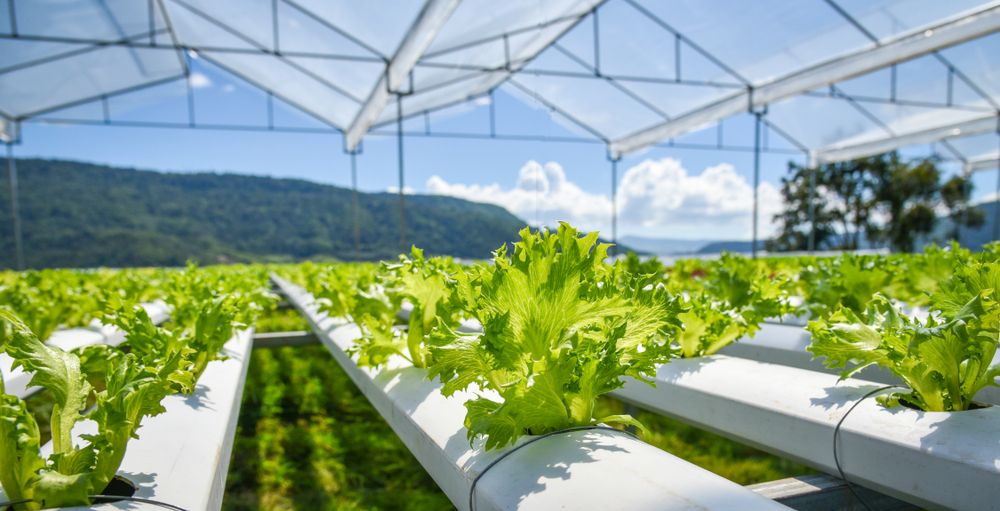G20 performance on food and agriculture
Holding pre-summit agriculture ministers’ meetings and linking food and agriculture commitments to other areas are among the measures that will improve the G20’s performance in this area
The world is facing an unprecedented food crisis. The Covid-19 pandemic, the climate crisis and ongoing conflicts, including the war in Ukraine, are affecting food systems in multiple ways. Additionally, rising food prices are threatening to drive millions more people into extreme hunger and poverty. Indonesia has thus committed to tackle the food crisis during its G20 presidency by working with partners to find concrete solutions to ensure the supply and affordability of food and fertiliser commodities in global supply chains.
Conclusions
Since 2008, G20 summits have devoted 14,708 words to food and agriculture in their communiqués, for an average of 919 words at each summit. The lowest total of 35 words came at Washington in 2008, taking 1% of the communiqué. The highest of 4,951 words (14%) was at Hamburg in 2017. The annual total and portion declined considerably from 2018 to 2020. At Rome in 2021, the communiqué devoted 743 words to the topic, or 8%.
Food and agriculture became a major topic at G20 summits under Turkish leadership in 2015, German leadership in 2017 and Italian leadership in 2021. The 2015 Antalya Summit produced a stand-alone document on food and agriculture, emphasising the need to improve food security, nutrition and the sustainability of food systems. At Hamburg in 2017, G20 leaders focused on food security and water sustainability. At the 2021 Rome Summit, the G20 endorsed their ministers’ Matera Declaration, which called on members to increase investments for food security, nutrition and sustainable food systems.
Commitments
From 2008 to 2021, the G20 made 149 commitments on food and agriculture. The first was made in 2009 at Pittsburgh (for 2% of the total commitments there). In 2010 at Toronto, it made two commitments and at Seoul it made two. At Cannes in 2011, the number spiked to 36, with the G20 committing to support the Action Plan on Food Price Volatility and Agriculture. In 2015, the G20 made 31 food and agriculture commitments and in 2017 it made 22. Between 2018 to 2021, 35 commitments were made (4%–10% per summit with a rising trend).
Compliance
Compliance with the 12 assessed food and agriculture commitments made between 2010 and 2020 averaged 69%, as assessed by the G20 Research Group. Compliance started at 60% with the commitments made at Toronto in 2010, rose to 78% with the 2011 commitments, then followed with 68% with the 2012 commitments, 90% with the 2013 commitments, 45% with the 2015 commitments and 57% with the 2017 commitments. Compliance rose for 2018 to 84%, but then plunged to only 40% for Riyadh in 2020. By June 2022, compliance was already at 90% for the Rome commitments in 2021.
By member, compliance was led by Canada at 87%, Argentina at 83%, and France and the European Union at 79%. They were followed by Italy, the United Kingdom and Australia at 75%. Brazil, Germany, India and the United States averaged 71%. Below the 69% average came Russia, Indonesia, Japan and Korea at 58%, China at 54%, Saudi Arabia and Turkey at 50%, and South Africa at 46%.
Causes and corrections
The five commitments with above-average compliance averaged a very high 88%, and the seven with below-average compliance had a very low 51%.
The one assessed commitment not preceded by a meeting of G20 agriculture ministers (in 2010) averaged 60% and the 11 with such a ministerial meeting averaged 67%. This suggests compliance increases when G20 leaders decide to govern food and agriculture with a ministerial meeting.
The three commitments dealing with food security averaged 59% compliance. The ones with synergistic links to prices and trade averaged 85%, those linked to malnutrition 90%, and those to information and communication technology 85%. Commitments linked to environmental sustainability had 66% compliance, those linked to water had 58%, and those linked to jobs for women and youth only 45%.
One assessed commitment referred to the core international organisation of the World Food Programme and averaged almost perfect 98% compliance. The four that referred to a G20 partnership, action plan or framework averaged 85%.
To improve compliance with their food and agriculture commitments, G20 leaders should hold more agriculture ministers’ meetings before the summit and make more commitments that refer to their own initiatives and the WFP. They should also link food and agriculture commitments to oceans protection, climate change, the Sustainable Development Goals, and the reduction of food waste and loss to help boost food security, promote sustainable agriculture, alleviate malnutrition and end global hunger.












